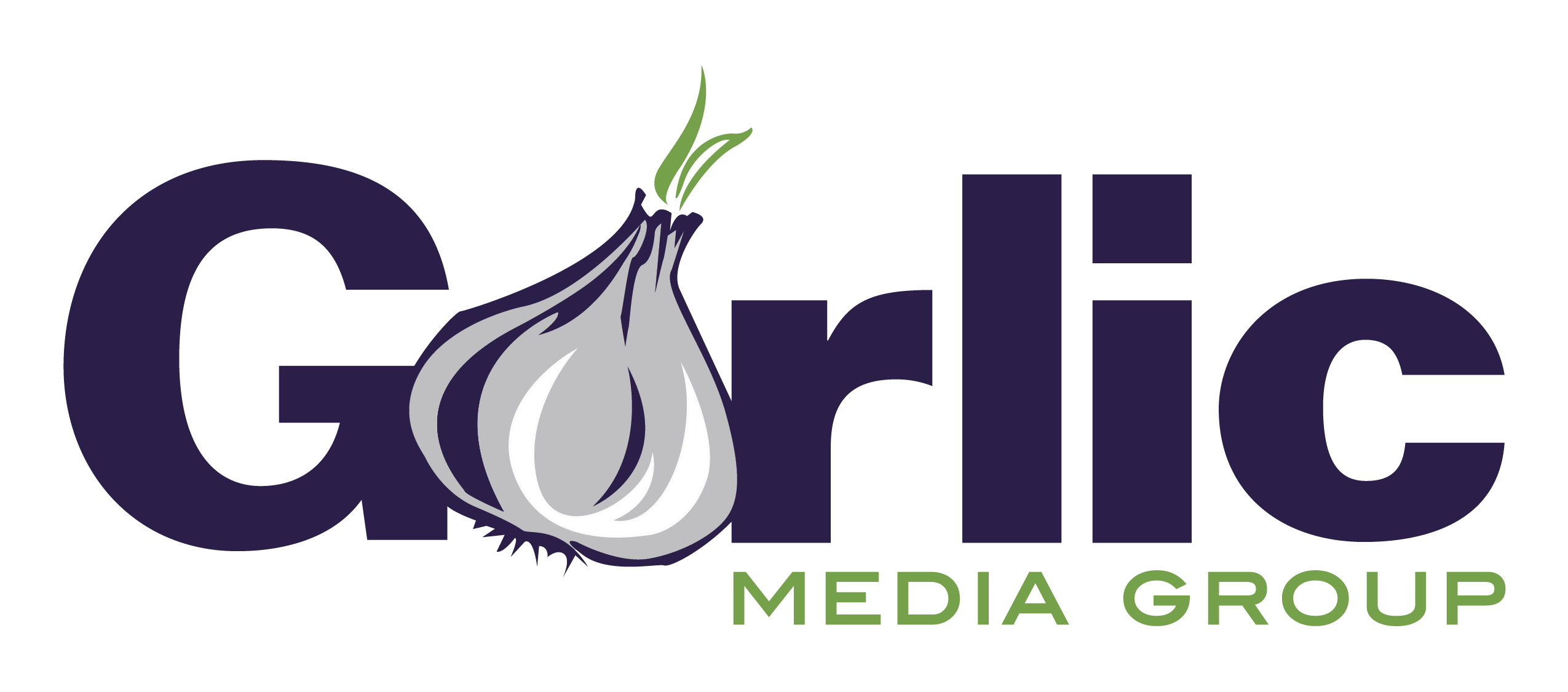The latest superhero to dominate the box office was announced in a less than traditional way:
With great power, comes great irresponsibility. #deadpool #officialsuit @deadpoolmovie pic.twitter.com/MPM89bYz1B
— Ryan Reynolds (@VancityReynolds) March 27, 2015
And with that, God’s Perfect Idiot was introduced to the world anew.
If you’ve had your eye on the tongue-in-cheek marketing push, you’re probably at least gently curious to see what this jocund loudmouth superhero has to offer beyond endless supply of one-liners, seemingly unlimited personal arsenal, and the unstoppable charisma of Ryan Reynolds.
Until you first saw Reynolds in full costume, lying seductively by a crackling fire, did you care much about Deadpool? Unless you’re a dedicated fan of the comics and you only made your first acquaintance with him thanks to a brief appearance in 2009’s X-Men Origins: Wolverine, your answer is probably “no”. Still, what are the odds that the constant flow of content advertising Deadpool caught your interest?
How many movies, big or small, mainstream or independent, manage to overwhelm social media as thoroughly as Deadpool has? This isn’t about changing the image of a somewhat obscure comic book antihero. This is possibly one of the biggest viral marketing success stories since “viral marketing” became a mainstream concept.
It comes as no surprise that Fox and Reynolds decided to sell Deadpool with the highest level of smart-ass teasing. The barrage of material disseminated in pursuit of that goal is enormous. The fireside image shown above was released on March 27 of last year. Soon after, Reynolds smacked Mario Lopez upside the head with a studio light in an April Fools’ interview. As buzz died down, this beauty showed up on Reynolds’ Twitter feed:
Smells like someone died up in here. #alivepool pic.twitter.com/sZqvmagVND
— Ryan Reynolds (@VancityReynolds) April 8, 2015
Reynolds continued to post about Deadpool for a while after that, featuring holiday tie-in announcements, Instagram pictures, the occasional production photo and fan art. The consistent unveiling of new and hilariously profane media from March to May did what any good marketing campaign is supposed to – create buzz – while also letting the film stand out in the increasingly crowded comic book movie genre.
That buzz carried over into July, when the Deadpool content creation machine geared up at Comic-Con, first with this:
Hey #SDCC, Thank you for being a friend… pic.twitter.com/Kl52TtOPio
— Ryan Reynolds (@VancityReynolds) July 8, 2015
And then followed by a convention-only trailer (which, of course, was soon available online in green band and red band options). This is the moment where Deadpool really became a “thing,” and where the character’s personality started to reveal itself in marketing. He showed up in a tag at the end of a Fantastic Four trailer, the pinnacle of promotional tie-ins, and he even tried on a new hairstyle when Conan ran the NSFW version of the trailer:
@TeamCoco – Who in the cockles of Coco okay’d this??? pic.twitter.com/CyQzSYsZ2j
— Ryan Reynolds (@VancityReynolds) August 3, 2015
Comic book movies always put their characters at the forefront of advertising. But what separates Deadpool’s strategy from similar movies was its lead actor’s active participation. Going beyond the traditional junket tour and sit downs with the press, Reynolds consistently drove the conversation around the film through his engaging, cheeky presence on Twitter and Instagram. His personality, the character, and the freedom of social platforms allowed him to interact with fans in ways that other actors couldn’t dream of, like berating a group of trick-or-treaters.
The film’s official Twitter account got in on the fun with Reynolds after Thanksgiving with this:
I forget. Is a turducken stuffed with three additional meats, or four? Happy Thanksgiving. pic.twitter.com/u98fvDWhYT
— Deadpool Movie (@deadpoolmovie) November 26, 2015
Things snowballed from there. International posters, the Deadpool Core, the announcement of #12DaysOfDeadpool, a presidential run, and genre parodies:
This Valentine’s Day, fall in love with #Deadpool. pic.twitter.com/ScQWrpXXmx
— Deadpool Movie (@deadpoolmovie) January 11, 2016
Finally the most beautifully childish billboard ever approved for selling a superhero movie to the mainstream:
This idiotic/brilliant billboard is why I’m all in on the DEADPOOL movie. I’m an easy lay. pic.twitter.com/jSRorPvaCp
— Patton Oswalt (@pattonoswalt) January 13, 2016
Deadpool’s unique approach to promotion elevated it above the swamp of superhero movie news found on the Internet any day of the week. There’s a solid chance Deadpool ends up being remembered as much for the saucy Twitter antics of its marketing team as for the movie itself.
That’s not to say that anyone will forget the movie anytime soon. The film was a smash hit, breaking records left and right. To name a few: biggest R-rated opening weekend ($132.7 million, beating The Matrix Reloaded); biggest February opening weekend (previously held by Fifty Shades of Grey); highest-grossing R-rated comic book movie (previously held by 300).
Granted, much of the movie’s success should be attributed to the fact that it’s a genuinely enjoyable film. However, its marketing gamble paid off. Deadpool took risks and put itself out there, and the results were spectacular. It wasn’t afraid to break from its industry’s traditional marketing tactics, and instead embraced its personality to forge a unique connection with fans. Maybe unconventional products demand unconventional marketing:
In 32 days, let’s cuddle like koala bears from hell. #deadpool pic.twitter.com/RFEsaGtaix
— Ryan Reynolds (@VancityReynolds) January 11, 2016



